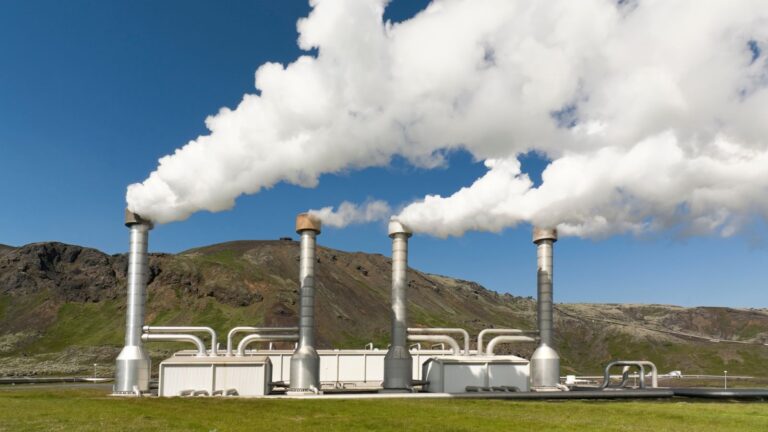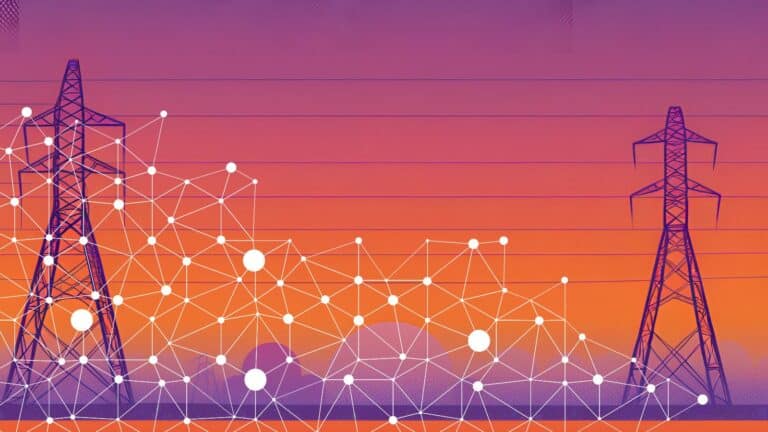Pentagon’s Critical Mineral Stockpiling Plan Points To Shortage Expectations
Defense Logistics Agency is buying critical minerals to secure supply chains from China's control. Stockpiling efforts are ramping up.
Current Access Level “I” – ID Only: CUID holders, alumni, and approved guests only
University of Texas, Austin
In February 2021, Winter Storm Uri pushed the Texas power grid to its limit, leading to widespread blackouts across the state. At its peak, the storm left 4.5 million homes and businesses without power, causing an estimated 250 deaths and $90 billion in damages.
As extreme weather worsens, experts worry that the current regulatory system is not enough to address the vulnerabilities in Texas’s electric system, making future outages more common and destructive.
This February, another devastating winter storm hit Texas. In this week’s episode, host Bill Loveless sits down with Michael Webber, an energy resources professor at the University of Texas, Austin and an expert on Texas’ unique grid, to discuss what has (or hasn’t) changed since Winter Storm Uri.
What has Texas taught us about building a reliable grid in the face of extreme weather?
Michael is also the chief technology officer of Energy Impact Partners, a $2 billion cleantech venture fund.
His book, Power Trip: the Story of Energy, was published in 2019 with an award-winning six-part companion series that aired on PBS and other networks.
Trade tensions between the US and China have hit a new high mark. Last week, after China announced plans to ratchet up its export controls of some rare-earths...

Industrial policy, supply chain security, and economic competitiveness are central to how we think about clean energy deployment. As the Trump administration pulls back federal support for the...

Last year, an energy permitting reform bill sponsored by Senators Joe Manchin and John Barrasso passed out of committee but failed to gain full support in the US...

Following the rollback of key climate provisions from the Inflation Reduction Act, the debate over America's energy future is increasingly contentious. The passage of the One Big Beautiful...


AI’s growing power demand has received enormous attention in recent months. In many places, the lack of power supplies is an important constraint on the growth of data centers to train and run AI models.

Kenya and South Africa have recently started moving toward an open access regime in their electricity sectors, while the US and India have been on this path for over two decades.

About one in four American households experience some form of energy insecurity. Within this group, Black, Indigenous, Latine, low- and moderate-income (LMI), and other disadvantaged communities face a disproportionately higher burden.
